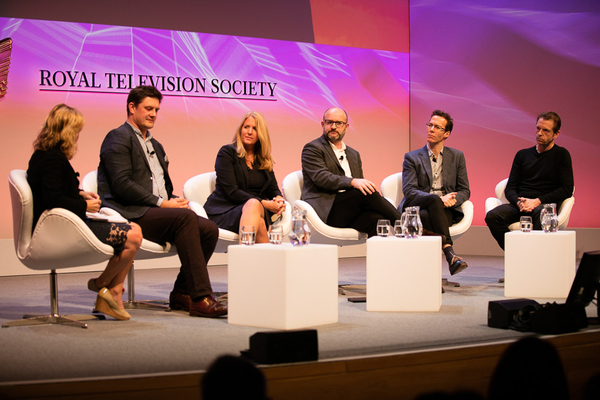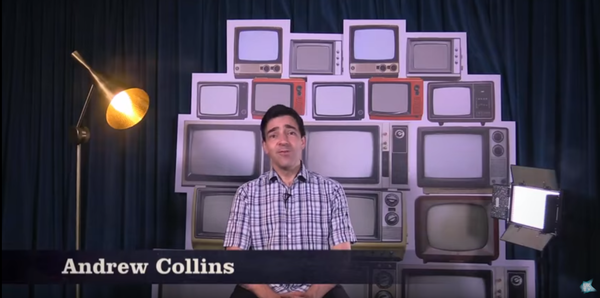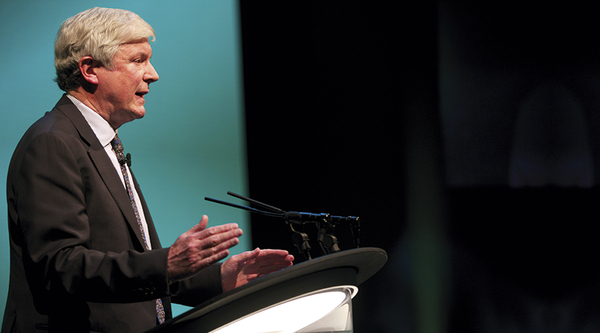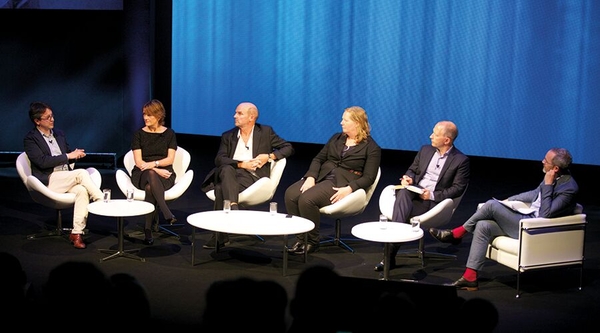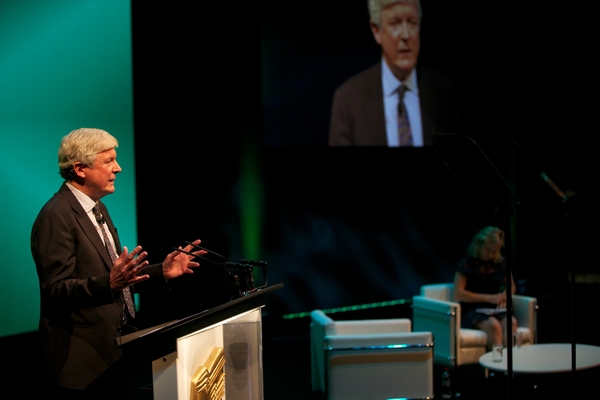BBC's Marianna Spring on creating your own path in journalism
At just 25, she has reported on conspiracy theories and online abuse for the BBC’s news programmes, Newsnight and Panorama.
“I was one of those slightly weird kids that, aged eight, [watched] BBC World News on holiday because it was the only channel in English,” Spring recalled. At school, university (Oxford, studying French and Russian) and during a year of study abroad, she wrote for local and student papers, and, post-university, worked shifts at the Guardian.



